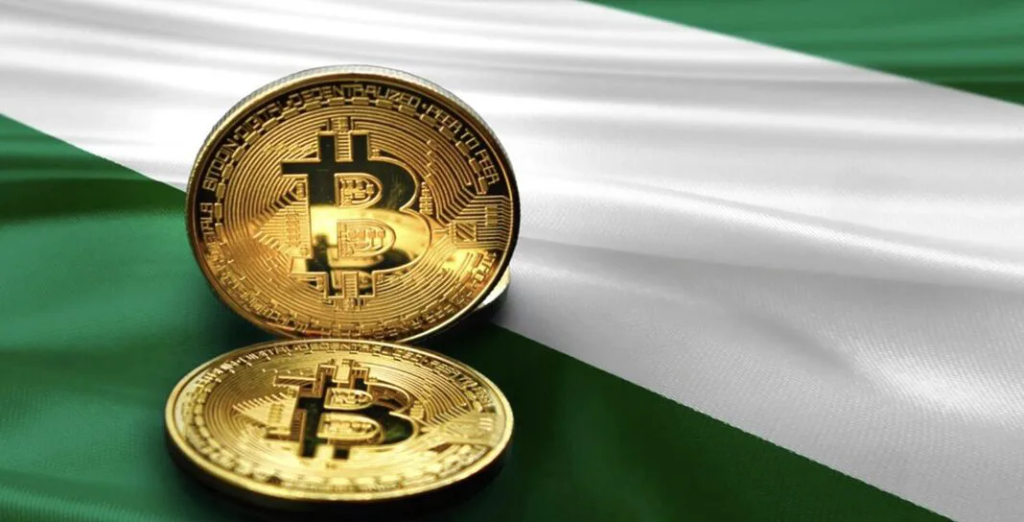
The Nigerian cryptocurrency market was hit hard last year. A sudden government crackdown on unlicensed cryptocurrency exchanges sent shockwaves through the market, leaving investors scrambling.
Panic spread, trust eroded, and the numbers speak for themselves: stablecoin usage in Nigeria dropped 38%, with volume falling to $23.6 billion, according to Chainalysis.
But now something unexpected is happening. After months of strict regulation of cryptocurrencies, Nigeria seems to be changing course. Regulators who once suppressed cryptocurrencies are now starting to look at blockchain technology.
Change of heart?
Despite the turmoil of last year, Nigeria is now changing its approach. Facing global pressure to adopt crypto-friendly regulations, the country is turning to blockchain technology.
Emomotimi Agama, director-general of the Nigerian Securities and Exchange Commission (SEC), has become a strong advocate of blockchain, seeing it as a tool to improve efficiency and modernize Nigeria’s financial system.
He believes it can help tackle financial exclusion and reduce inefficiency in both the public and private sectors.
Nigeria’s SEC Adopts Blockchain
Nigeria’s SEC is taking serious steps towards blockchain integration. After meeting with representatives of the Algorand Foundation, the SEC has decided to incorporate blockchain into its regulatory framework.
“We want to bring technology into our system to be efficient, where everything we do is traceable,” Agama stressed. Simply put, this means making financial transactions more transparent and secure.
To support this transition, Algorand has dispatched a team to help Nigeria set up blockchain-based systems, said Eric Wragge, director of global business development at the Algorand Foundation.
“It is an honor to be here. Our goal is to help Nigeria understand and implement blockchain technology, making it accessible and beneficial to everyone”
Meanwhile, Algorand’s consensus model ensures every transaction is verified and secure, protecting users from hacks and double-spending, which is crucial for the Nigerian market.











